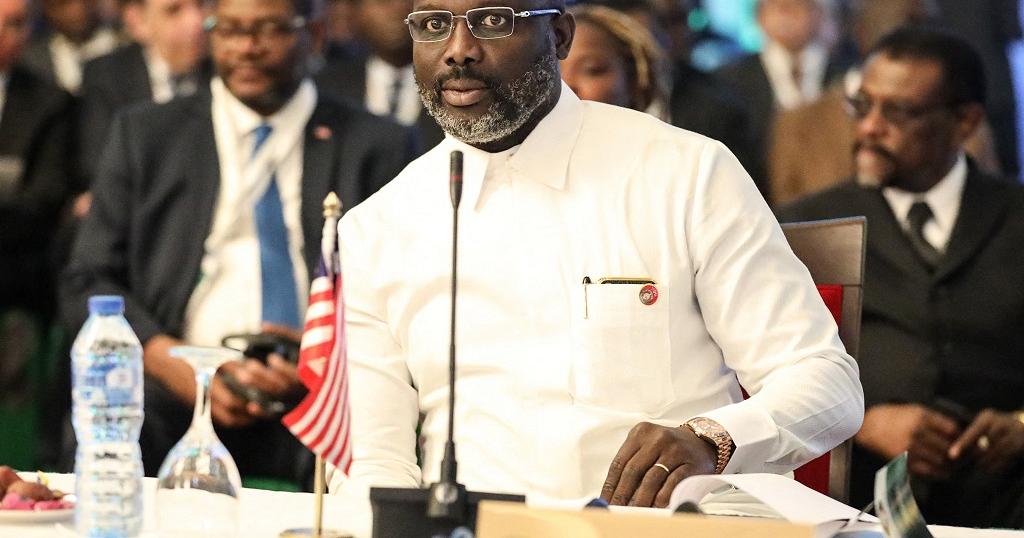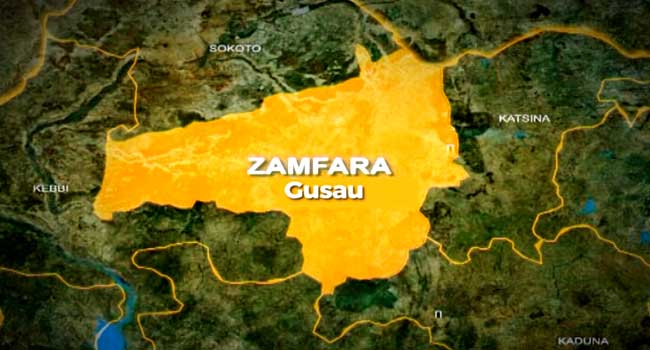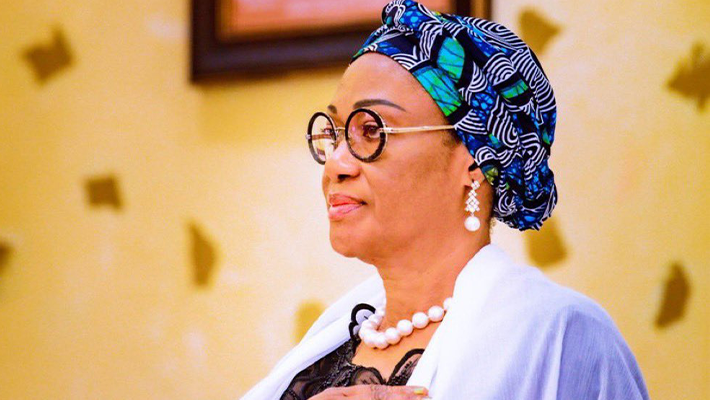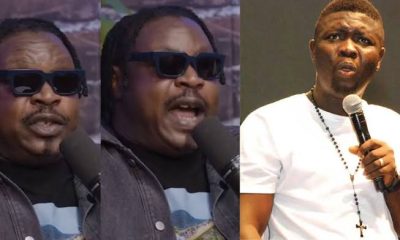A group of 15 influential civil society organizations in Liberia tabled in Parliament on Thursday
The organizations took this initiative at a time when, 18 years after the end of the civil war, the debate on the establishment of such a court is once again in full swing and Liberia, under the presidency of Ellen Johnson Sirleaf as well as under that of George Weah since 2018, has still not followed the recommendations made in 2009 by a special commission.
Among those recommendations was the prosecution of a number of warlords and high-profile alleged criminals.
“We drafted this law for the establishment of a war crimes tribunal. We not only drafted it, we made 176 copies so that every member of the legislature has a copy,” said Tiawon Gongloe, president of the Liberian Bar Association, which represents the country’s lawyers.
He was among the representatives of some 15 organizations demanding justice for crimes committed since 1979 and especially during the civil wars of 1989 to 2003, Christian and Muslim organizations and student unions, gathered in a collective.
These organizations have invoked the recent revival of interest in this highly sensitive subject.
A Swiss court last week sentenced a former rebel commander convicted of multiple atrocities during Liberia’s civil wars to 20 years in prison. He is the first Liberian convicted of war crimes in his country.
The issue of a war crimes tribunal in Liberia was the subject of a hearing this week before a committee of the U.S. House of Representatives.
“Lost souls”
“As human rights advocates, we felt it was time to champion the cause of the 250,000 lost souls,” said Maxim Pacsio, founder of the Justice for Liberia Forum, citing the number of deaths commonly cited in civil wars.
Despite pressure from civil society, Liberia has yet to hold a trial on this period marked by a litany of abuses attributable to all parties: massacres of civilians, torture, rape, enlistment of child soldiers. The civil wars brought the country, one of the poorest in the world, to its knees, and a decade later it was ravaged by the Ebola epidemic.
A number of personalities directly involved still hold prominent positions in politics and the economy.
President Weah has been reluctant to establish the special court. In 2019, however, he asked the Liberian Senate to meet on the matter.
For unspecified reasons, the Senate has only just responded. In its letter, which was made public, it warned Mr. Weah against “reopening old wounds.
It recommends that the president establish a “transitional” justice commission that would analyze “the credibility/legitimacy issues surrounding the final report of the Truth and Reconciliation Commission.
As one of the recommendations of the TRC, Weah “should make a formal apology on behalf of the state to the thousands of victims and the Liberian people in general for the role it (the state) played in this long conflict,” the Senate said.



